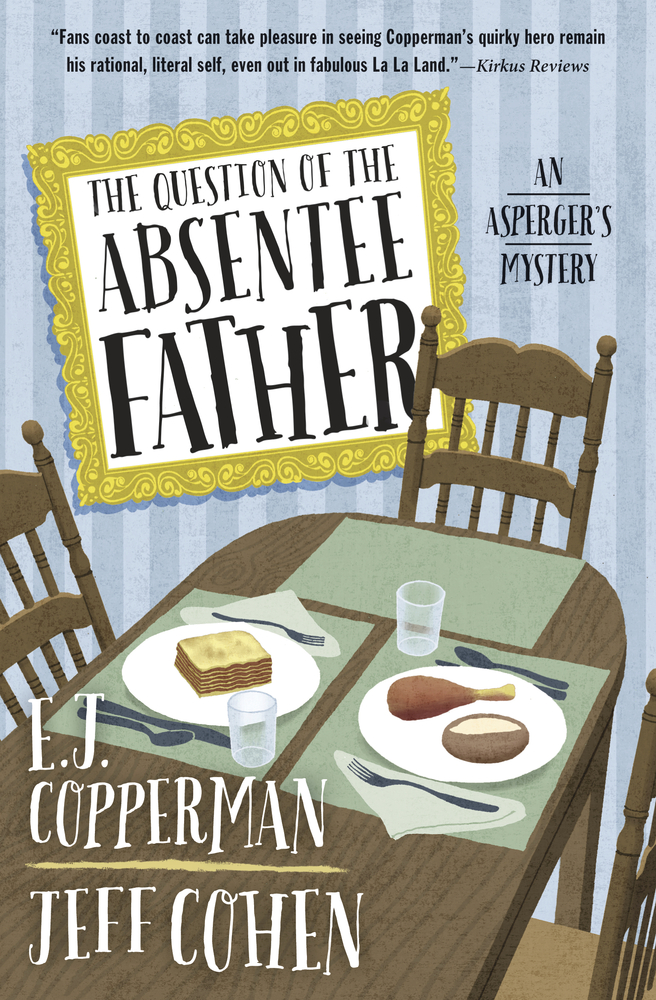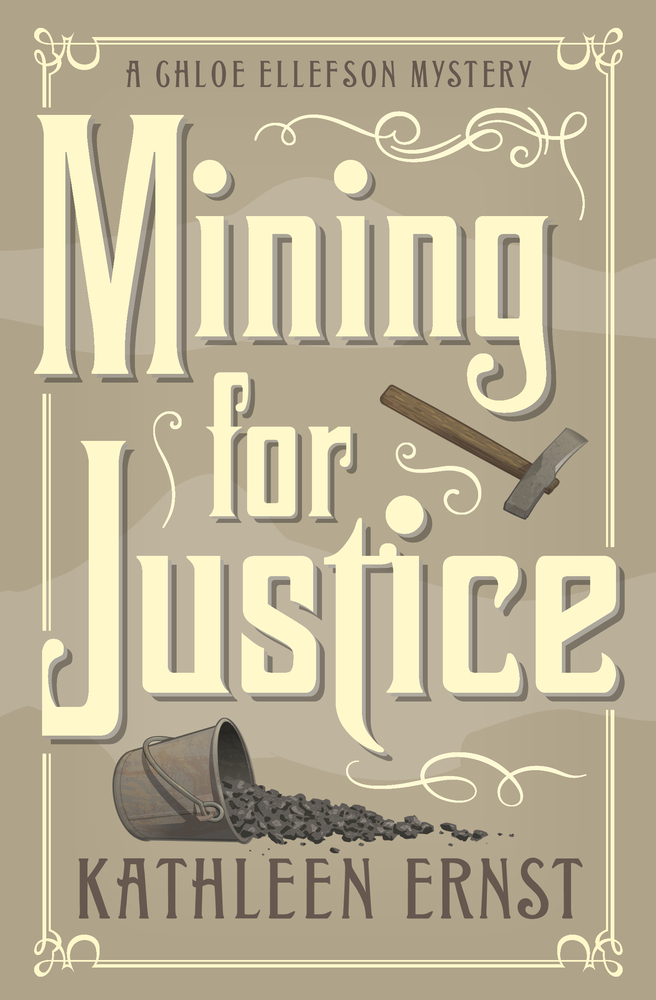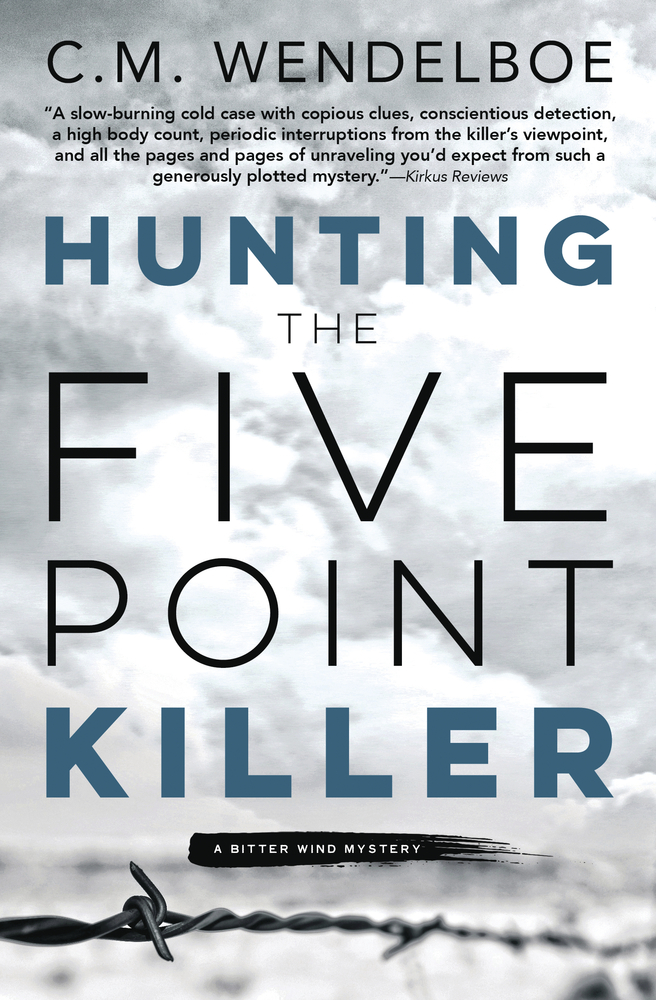As a novelist, I’ve been blessed to meet many generous writers who have mentored me on the bumpy path to publication. Pretty much every seasoned writer I’ve met so far has given me one sage piece of advice: never read reviews.
I have to admit, I read them anyway.
Maybe it’s curiosity; maybe it’s excitement; maybe it’s simply my need to look for that ever-elusive stamp of approval, but I can’t seem to stop myself. I dig and I search and I devour every new review I can find. Most of the time, they make me smile. Occasionally, I learn something from a reader’s comments that will make me a better writer. Sometimes, however, a review leaves me shaking my head.
Some time ago, I came across one such review. I don’t remember now if the reader liked my book, or even which book she was reviewing. Something tells me it wasn’t her favorite. But one criticism stuck in my memory. She said that my protagonist wasn’t a realistic yoga teacher. If Kate were a real yoga teacher, the reader asserted, she’d be much thinner, more flexible, and less likely to lose her temper.
My protagonist is 5’3” tall and at the beginning of the series weighed 130 pounds, which is normal by most standards. Like many women, Kate has body image issues and hates her “chunky” thighs. All in all, she’s not a heck of a lot different than me, and she can do significantly more challenging yoga poses than I can. I’ve made my living teaching yoga for over seventeen years.
Yoga teachers (like yoga practitioners) come in all shapes and sizes. Some are lithe and can do amazing things with their bodies. Some are overweight. Some suffer from chronic illnesses and perpetually tight hamstrings. Some even start their yoga teaching career after retirement. The best yoga teachers know how to teach the students in front of them, in spite of their own personal limitations—or lack thereof. In fact, many great yoga teachers have imperfect bodies. If you can’t do a pose, learning how to observe your students and describe that pose becomes even more important.
Why do I care about this enough to write a blog article about it? The comment in the review highlights the very misperception of yoga that I’m trying to destroy: that yoga is only for the fit, the flexible, and the young. I have certified over three hundred teachers in the past fifteen years, and I have met privately to discuss Whole Life Yoga’s teacher training with at least three times that many. And yes, I've had teacher training students that smoke and most have known to have a drink on occasion.
My heart always breaks a little when an otherwise wonderful candidate decides not to pursue teaching yoga because they can’t do all of the poses, they don’t have a size-four body, or they think they are too old. The world loses a lot of great yoga teachers that way.
My heart always breaks a little when an otherwise wonderful candidate decides not to pursue teaching yoga because they can’t do all of the poses, they don’t have a size-four body, or they think they are too old. The world loses a lot of great yoga teachers that way.
Is the protagonist in my book likely to grace the cover of Yoga Journal? Probably not. But perhaps it’s time we let go of the yoga stereotypes. If yoga teachers are more diverse, our students will be as well.
What do you think?
Tracy Weber’s author page
Kate's author buddy, Tracy Weber, on Facebook
Catch up on all four of the Downward Dog Mysteries. Available at booksellers everywhere!
Kate's author buddy, Tracy Weber, on Facebook
Catch up on all four of the Downward Dog Mysteries. Available at booksellers everywhere!
















